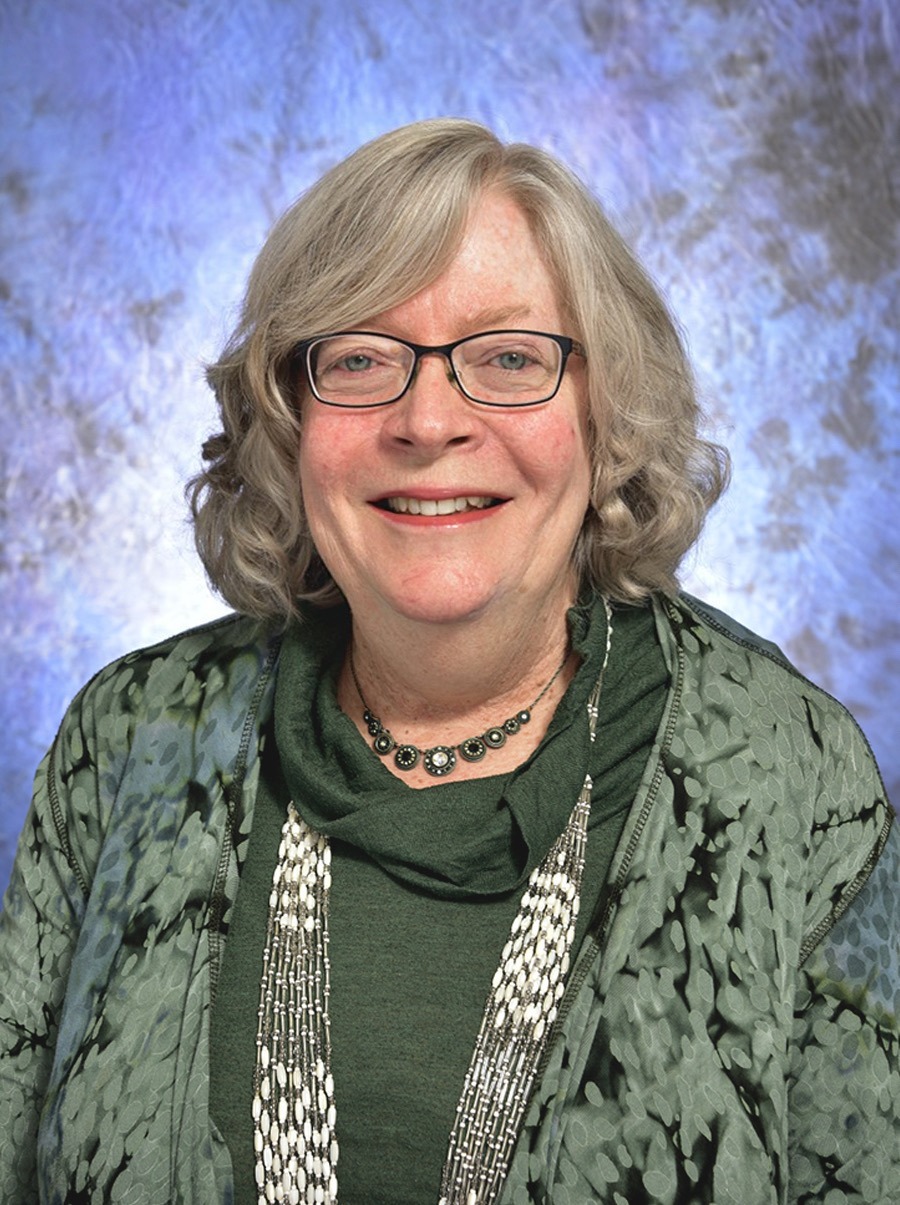
Anne Villeneuve
Keynote Speaker, Stanford University
Anne Villeneuve is a Professor of Developmental Biology and Genetics at Stanford University. Her laboratory investigates the molecular and cellular mechanisms that ensure the faithful inheritance of chromosomes during meiosis, the specialized cell division program by which diploid organisms generate haploid gametes. Research from her lab and those of her former trainees has played a pivotal role in establishing C. elegans as one of the premier experimental systems for investigating meiotic chromosome dynamics and genetic recombination during meiosis. Recently, her lab has extended their love of worms, chromosomes, sexual reproduction, and microscopy to other nematode species and interspecies hybrids.
A Nobel Moment

Victor Ambros
2025 Nobel Prize in Physiology and Medicine

Gary Ruvkun
2025 Nobel Prize in Physiology and Medicine
Invited Speakers
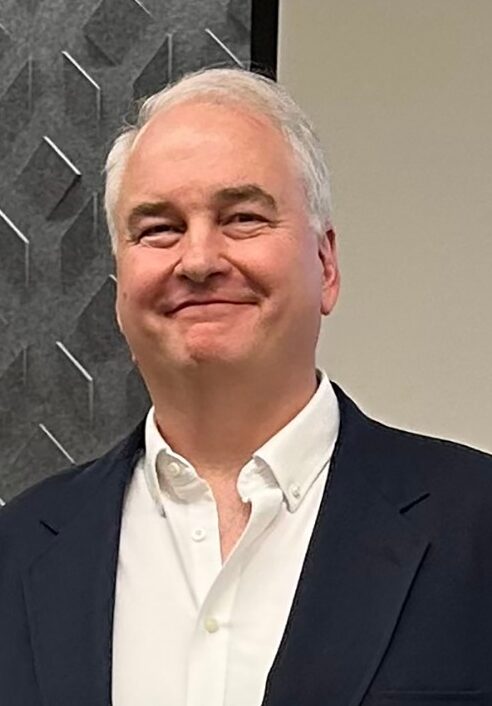
Barth Grant
Rutgers University
Barth Grant is Professor and Chair of the Department of Molecular Biology and Biochemistry at Rutgers University. His research has focused on the mechanisms of vesicular trafficking, especially the endocytosis, endocytic recycling, and cargo sorting systems of the C. elegans germline, intestine, coelomocytes, and neurons.
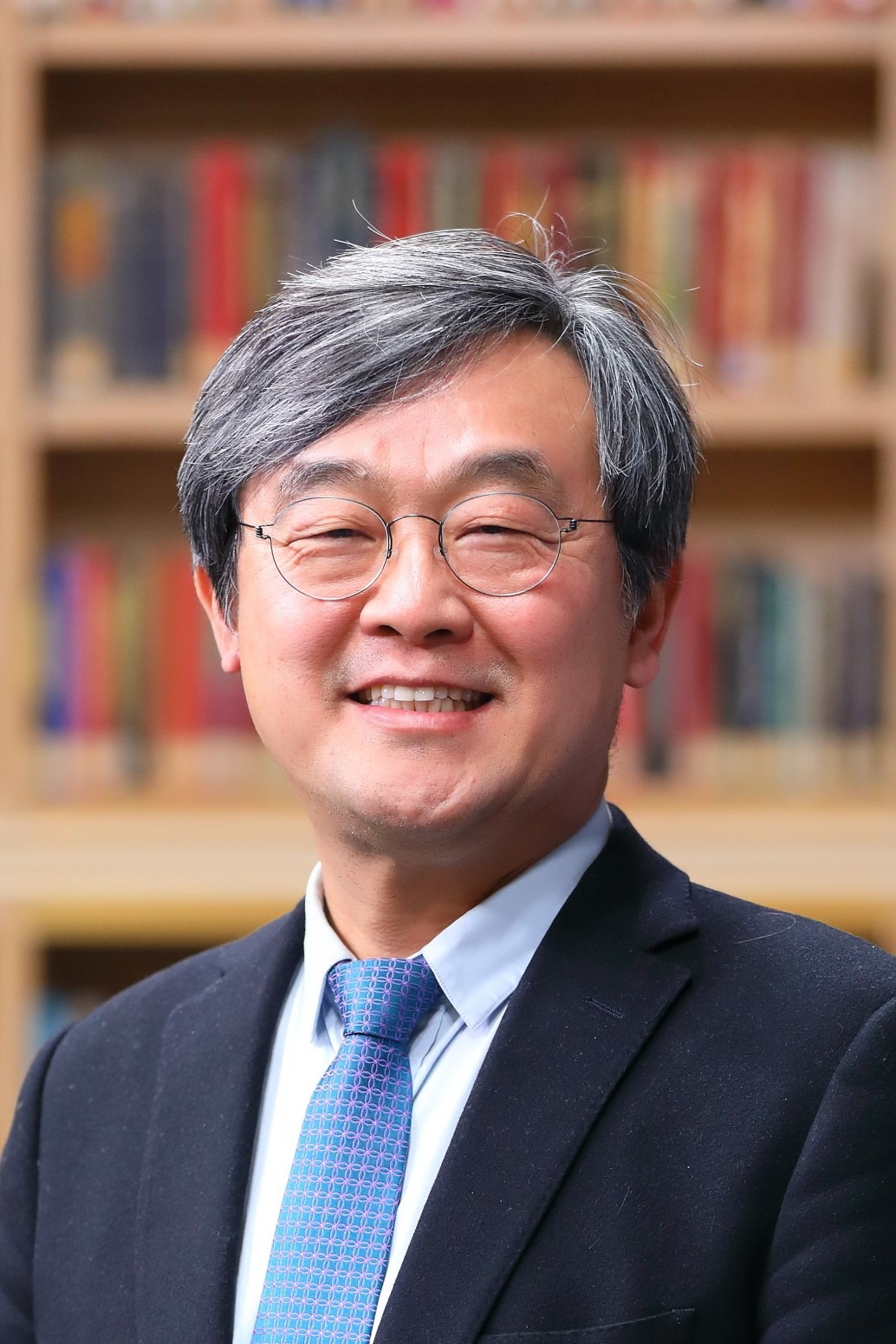
Junho Lee
Seoul National University
Junho Lee is a professor of biological sciences and the director of Research Institute for Basic Sciences at Seoul National University, Korea. His lab uses the nematode C. elegans to study the developmental plasticity of the nervous system with a focus on the dauer and its nictation behavior. Other topics of his lab include alternative lengthening of telomeres (ALT), signalings and diseases, and nematode collections of Korea. His lab recently has extended the ALT studies to mammals.

Pamela Padilla
University of North Texas
Pamela Padilla is Professor of Biology and Vice President for Research and Innovation at the University of North Texas. Her lab uses C. elegans to study the impact of environmental and dietary stress to model human health issues. She volunteers for and is dedicated to STEM diversity initiatives. Her service includes president, treasurer, and board member for the Society for Advancement of Chicanos/Hispanics and Native Americans in Science, cochair for the Board on Higher Education and Workforce for the National Academy of Sciences, Engineering and Medicine and representative for the Hispanic Serving Research University Alliance.

Roger Pocock
Monash University
Roger Pocock is Professor of Genetics at the Monash University Biomedicine Discovery Institute (Melbourne, Australia) where he dissects mechanisms governing nervous system development and function. Roger’s team focuses on understanding how neuronal fates are determined, how the architecture of the nervous system develops and is maintained throughout life, and how neurons coordinate behavior and physiology.
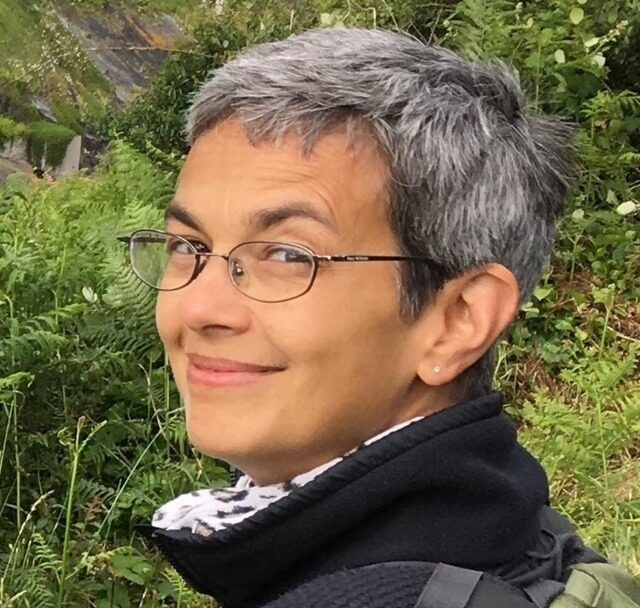
Meera Sundaram
University of Pennsylvania
Meera Sundaram is a Professor of Genetics at the University of Pennsylvania Perelman School of Medicine. Her research has focused on epithelial biology and mechanisms of cell-cell signaling, cell fate specification, tubulogenesis, and the apical extracellular matrix.
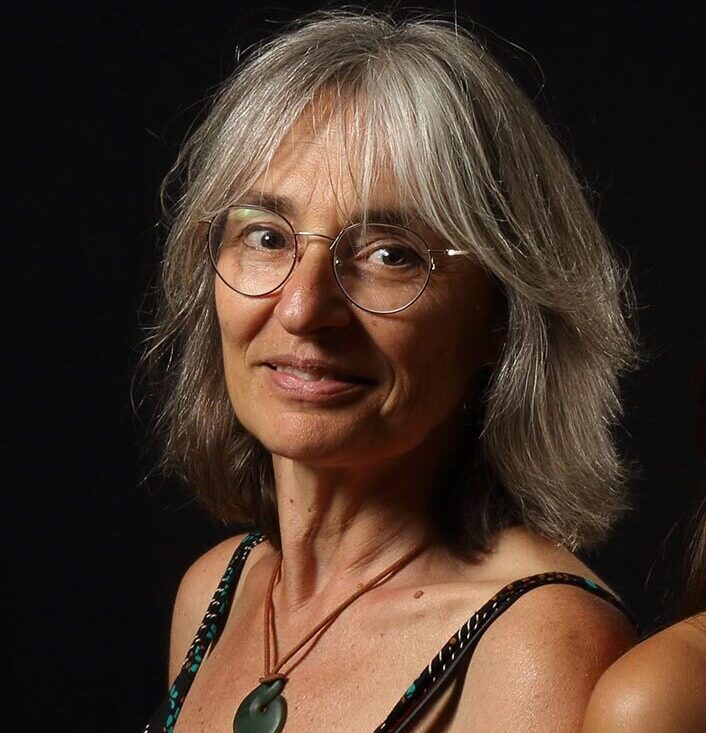
Nathalie Pujol
CNRS

